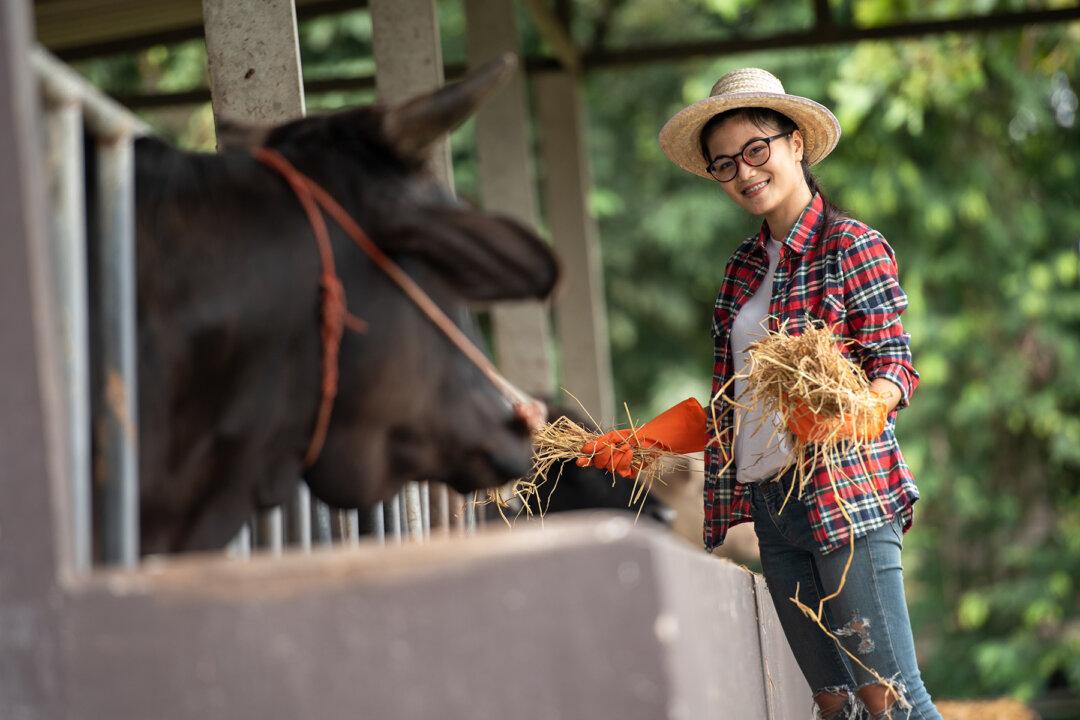Olney Friends School, by virtue of their very own motto, “challenges students to grow.” This growth is both internal, and very, very literal: Olney high-schoolers take part in a multifaceted farming program on the school’s 350 acres of land near Barnesville, Ohio.

Illustration - Shutterstock
|Updated:



